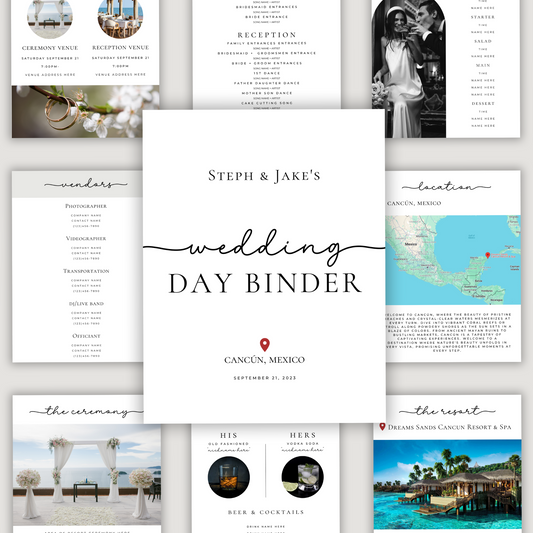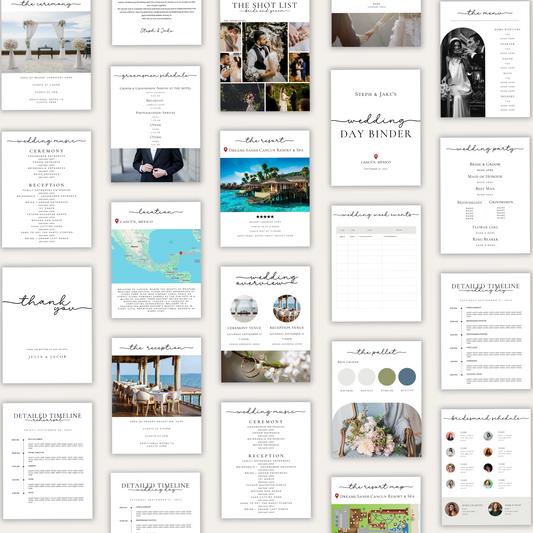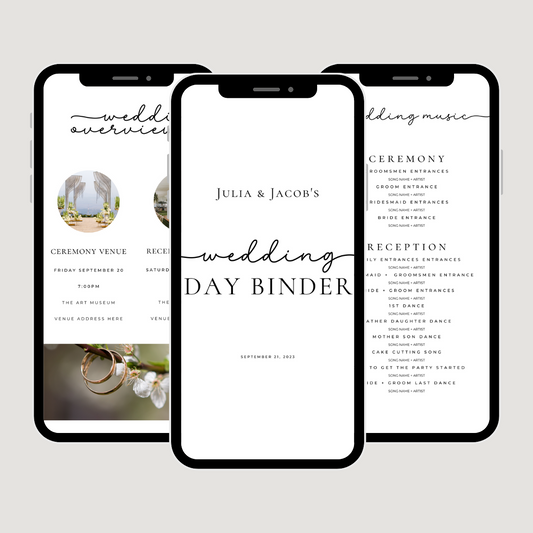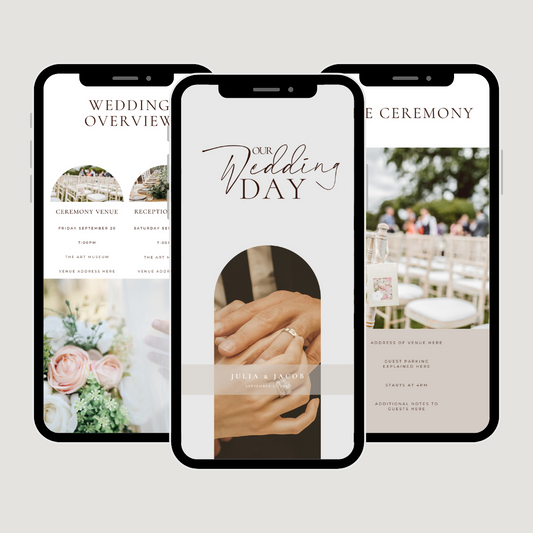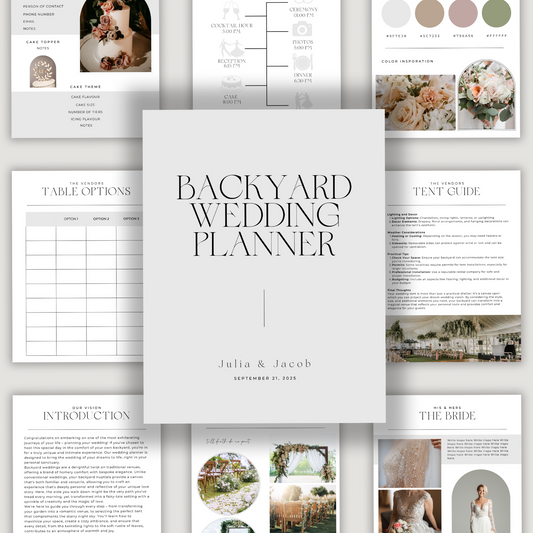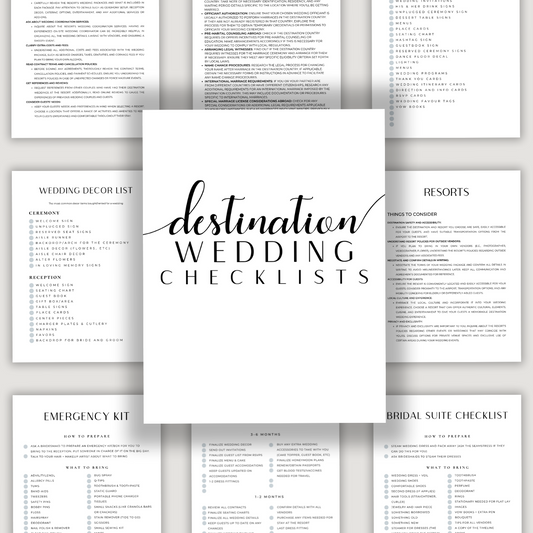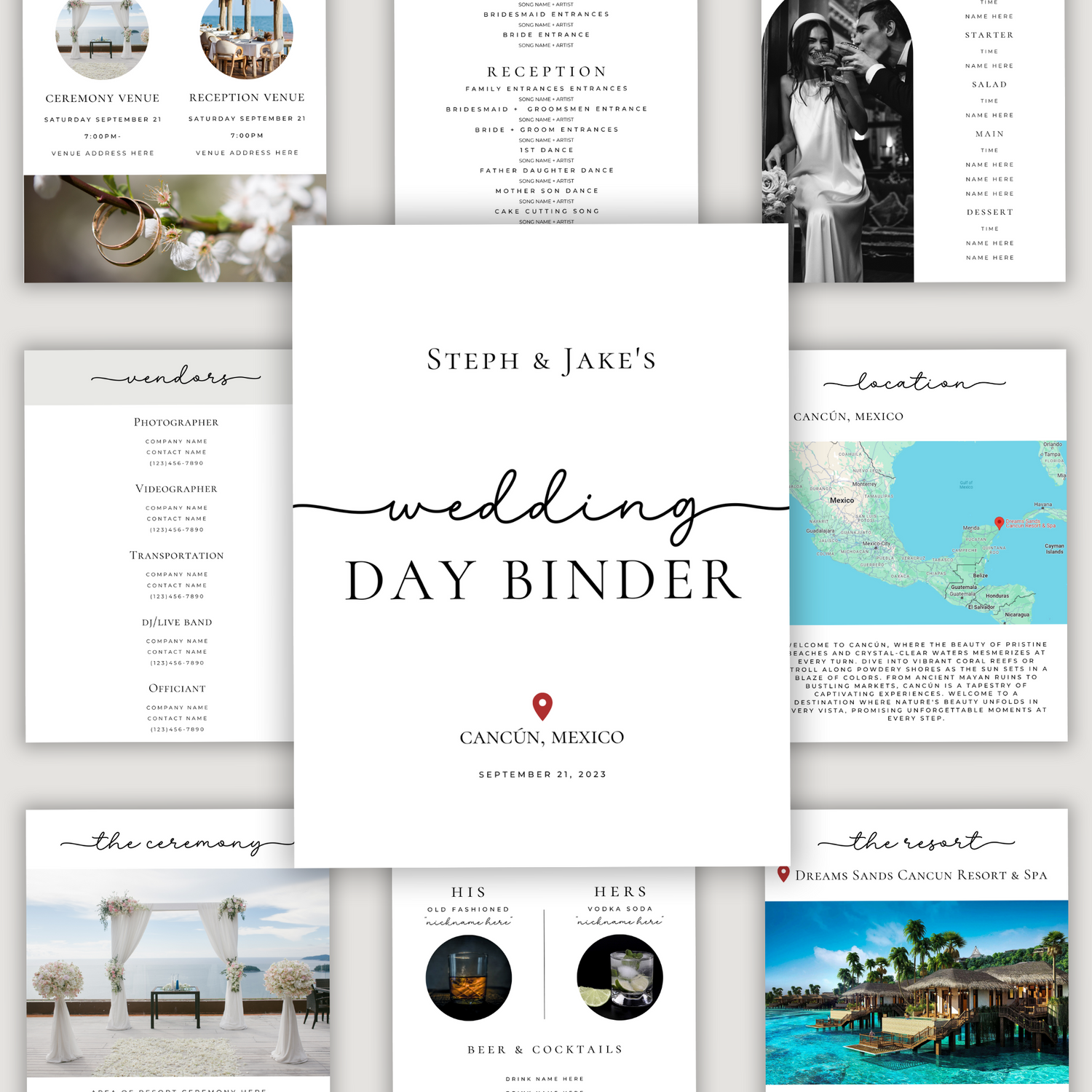How Does Getting Married at a Destination Work?
Share
Dreaming of exchanging vows on a sun-kissed beach or in a charming European village? A destination wedding can turn that dream into reality, but if you’re wondering how the whole process works, you’re not alone. Planning a wedding far from home involves a unique set of steps, but with the right approach, it can be a seamless and unforgettable experience. Let’s break down how getting married at a destination works, from the initial planning stages to saying “I do” in your chosen paradise.
Step 1: Choose Your Destination
The first step in planning a destination wedding is choosing the perfect location. Whether you’re drawn to the crystal-clear waters of the Caribbean, the historic charm of a European city, or the exotic allure of Asia, your choice of destination will set the tone for your entire wedding.
Considerations:
- Accessibility: Think about how easy it will be for you and your guests to travel to the destination. Direct flights and reliable transportation can make a big difference.
- Legal Requirements: Some countries have specific requirements for getting legally married, such as residency periods, documentation, or waiting periods. It’s crucial to research these before making your final decision.
- Budget: Different destinations come with different price tags. Consider the cost of travel, accommodations, and the wedding itself when choosing your location.
Step 2: Research Legal Requirements
Getting legally married in a foreign country can involve more paperwork than a wedding at home. Each country has its own set of legal requirements that you’ll need to meet to ensure your marriage is recognized both in the destination country and back home.
Common Legal Requirements:
- Marriage License: Most countries require you to obtain a marriage license, which may need to be applied for in advance or upon arrival.
- Residency Requirements: Some destinations require you to be in the country for a certain number of days before the wedding. For example, Mexico typically requires a few days of residency, while France has a longer residency requirement.
- Documentation: You’ll likely need to provide several documents, such as passports, birth certificates, and proof of marital status (if previously married). In some cases, these documents may need to be translated or notarized.
- Officiant: Make sure the officiant you choose is legally authorized to perform weddings in the destination country.
Step 3: Plan Your Wedding
Once you’ve chosen your destination and taken care of the legalities, it’s time to start planning the wedding itself. Many couples opt for all-inclusive wedding packages offered by resorts or venues, which can simplify the process by bundling together the ceremony, reception, and even accommodations.
Key Planning Elements:
- Venue Selection: Choose a venue that reflects the style and atmosphere you want for your wedding. Whether it’s a beachfront resort, a historic castle, or a mountaintop lodge, make sure it fits your vision.
- Wedding Planner: Hiring a local wedding planner or working with a planner provided by the venue can be invaluable. They’ll be familiar with the area, local vendors, and any potential challenges, making the planning process much smoother.
- Guest Accommodations: Reserve a block of rooms at a nearby hotel or resort to ensure your guests have a comfortable place to stay. Group discounts are often available and can make the trip more affordable for everyone.
- Travel Arrangements: Coordinate travel details for you and your guests, including flights, airport transfers, and any activities planned around the wedding.
Step 4: Send Out Invitations and Save-the-Dates
Once your plans are in place, it’s time to let your guests know! Because destination weddings often require more planning on the part of your guests, it’s important to give them plenty of notice.
Save-the-Dates:
- Timing: Send out save-the-dates 8-12 months before the wedding to give your guests ample time to make travel arrangements and save up for the trip.
- Details: Include basic information about the destination, travel dates, and a link to your wedding website where guests can find more detailed information.
Invitations:
- Timing: Send formal invitations 3-4 months before the wedding, including details about the ceremony, reception, and any other planned events.
- RSVPs: Make sure to include an RSVP deadline, typically 6-8 weeks before the wedding, so you can finalize numbers for your venue and vendors.
Step 5: Finalize the Details
As your wedding day approaches, it’s time to finalize all the details to ensure everything goes smoothly.
Final Tasks:
- Confirm with Vendors: Touch base with your vendors, including the venue, photographer, florist, and officiant, to confirm all the details and timelines.
- Prepare Documentation: Make sure you have all the necessary documentation for the legal requirements and travel, including copies of your passports, marriage license, and any translated documents.
- Pack Smart: Make a checklist of everything you’ll need for the wedding, including your attire, rings, favors, and any decor items you’re bringing from home. Don’t forget travel essentials like adapters, chargers, and comfortable clothing for travel days.
Step 6: Enjoy Your Destination Wedding!
With all the planning and preparation done, all that’s left is to enjoy your special day! Arrive at your destination a few days before the wedding to settle in, finalize any last-minute details, and relax before the festivities begin.
Tools to Help You Plan Your Destination Wedding
Planning a destination wedding involves a lot of moving parts, and staying organized is key to making sure everything goes off without a hitch. Here are some tools that can help you manage the process from start to finish.
Destination Wedding Planner
The Destination Wedding Planner from My Digital Darling is an essential resource for managing every aspect of your wedding:
- Comprehensive Checklists: Cover every detail from the early planning stages to the big day.
- Budget Tracker: Keep track of all your wedding-related expenses, ensuring you stay within your budget.
- Vendor Management: Organize your vendor contracts and communication, making it easier to manage everything from afar.
Destination Wedding Day Binder
The Destination Wedding Day Binder ensures your big day runs smoothly, regardless of the location:
- Day-of Timeline: Stay on schedule with a detailed timeline that covers every part of your wedding day.
- Vendor and Contact Lists: Have all your important contacts in one place, so if anything comes up, it can be handled quickly.
- Setup Instructions: Make sure your vision is executed perfectly with clear instructions for decor and setup.
Destination Wedding Checklist Bundle
The Destination Wedding Checklist Bundle is perfect for those who want to be fully prepared:
- Detailed Checklists: Cover everything from booking travel to legal requirements, so nothing is left to chance.
- Tips and Resources: Get advice on everything from choosing the right destination to managing guest expectations.
Final Thoughts
Getting married at a destination is a unique and exciting way to celebrate your love, but it requires careful planning and attention to detail. From choosing the perfect location to navigating the legal requirements, each step is crucial to ensuring your wedding day is everything you’ve dreamed of.
With the right tools and a solid plan, you can make the process of planning a destination wedding smooth and stress-free, allowing you to focus on what really matters—celebrating your special day with the ones you love. Happy planning!



